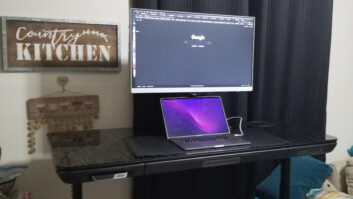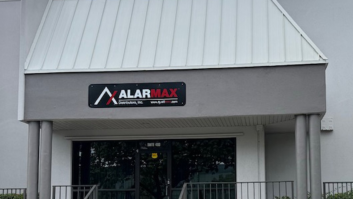NEW YORK — In response to a recent slew of media reports regarding lithium-ion batteries and battery-based charging devices heating up and catching fire, Voxx Accessories has sent out a letter to its dealers advising them to be very careful about what devices they choose to sell.
The letter comes a month after Apple offered its customer a buyback program that would replace any third-party charger with an Apple-certified charger for a $10 fee. Apple’s announcement emerged two months after product safety arbiter Underwriters Laboratories (UL) strengthened its lithiumion battery standards after a string of failures that shed light on the technology’s weak spots, including regulators grounding Boeing’s 787 Dreamliners for nearly four months after lithium-ion batteries overheated on two jets in January, leading to a fire in one.
UL said its new tests are designed to prevent short circuits inside the battery cell that can lead to a fire. It is also refining safety and testing standards for larger batteries increasingly used in hybrid and electric cars.
For its part Voxx felt the need to address the problem directly with its dealers. President David Geise told TWICE that the letter was meant to raise awareness of the dangers as well as point out that “Voxx has a heritage of quality and safety that dates back to the GE, RCA and Thomson years.”
The letter reads in part: “Because of the very real and potentially deadly risks associated with poorly designed and carelessly manufactured products that are offered by many Asian manufacturers and some U.S. marketers, we at Voxx Accessories Corporation design, test and manufacture our products to the highest standards in the industry. The self-imposed standards we use for our products exceed even those of testing agencies like UL and ETL. Our in-house engineering team in Indiana has over 200 years of combined experience in the electronics industry. We engineer our products from the circuit design and component selection level up to final finished goods; monitoring and testing in-house at every point of the product development process and maintaining ongoing quality controls in the manufacturing stage.”
Geise told TWICE the most common shortcuts taken by third-party vendors are using inferior components with sub-par or no overcharge protections and unisolated AC and DC circuitry. Some even use counterfeit UL or ETL (Intertek’s safety certification) markings. “Everyone has a value proposition, price pressure, and there is an assumption by retailers that all these products are alike and the best price wins,” he said. “We saw a lack of concern and even a lack of interest by some retailers to this situation and felt that it was in our best interests to look out for them, and of course, for the safety of our customers.”













